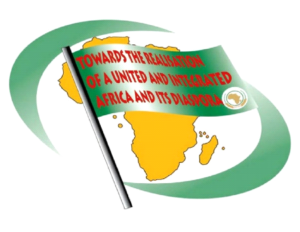 The Global Pan African Roots-Synergy Roundtable was held in Addis Ababa, Ethiopia from May 23-27, 2022. The objective of the Global Pan African Roots-Synergy Roundtable was to bring to a resolution several of the issues that have delayed the unification of the Global Pan-Afrikan Diaspora and the representation of our collective voice on the World Stage.
The Global Pan African Roots-Synergy Roundtable was held in Addis Ababa, Ethiopia from May 23-27, 2022. The objective of the Global Pan African Roots-Synergy Roundtable was to bring to a resolution several of the issues that have delayed the unification of the Global Pan-Afrikan Diaspora and the representation of our collective voice on the World Stage.
The organizers of the Roots-Synergy Roundtable issued the following invitation to Afrikan Diaspora organizations and activists to meet in Addis Ababa:
The 25th of May 2022, The World Africa Day, marked the tenth year since the Heads of State and Government and Representatives of the African Union, the West Indies, Latin America, South America, and varied representatives from the African Diaspora met during the Global African Diaspora Summit in Sandton, Johannesburg, South Africa and witnessed the historic adoption of the African Union-African Diaspora Declaration concerning the Diaspora Sixth Region of Africa.
Following recent consultations with the African Union’s Citizens and Diaspora Directorate (CIDO) about what the African Union Commission intended to do on May 25, 2022 or thereabouts, to review the progress that has occurred during the past ten years, the answer from the African Union was that there was “no planning” for such a Ten-Year Review.
As there was no follow up event planned, and a 21st century wave of African Descendants visiting but mostly migrating to the Continent occurring – it was clear something had to be done. So, the African Descendants Diaspora Civil Society organizations, Pan Africanists, and African Activist Organizations took the initiative to organize a special Roundtable on – The AU Diaspora Declaration: Ten Years After.
About the Pan African Roots-Synergy Roundtable
This Roundtable was organized by four main organizations: the Sixth Region Diaspora Caucus (SRDC) which primarily operates in the United States and the Americas in general; the African Union African Diaspora Sixth Region Facilitators Working Group (AUADSFWG) which operates in Europe and has its nerve center in The Netherlands; the African Diaspora Right To Return Alliance (RTRA), which represents African Diasporans who have repatriated back to Africa and are fighting for full citizenship in the Motherland; and the African Diaspora Union (AFRIDU), an organization of primarily Continental Africans who have moved from their home countries to other countries in the African Continent with perhaps some who have left the Continent altogether. Other organizations that were affiliated with them, such as the Teaching Artist Institute (TAI) and the Sheroes Sisterhood, provided invaluable input to the process and worked throughout the Roundtable to help ensure that it was conducted smoothly, from moderating working groups and discussions to handling audio-video issues, attending to the needs of special guests and doing behind-the-scenes work that too often goes unappreciated. These organizers and workers, as well as other attending organizations and activists, including the Ethiopian World Federation (EWF), African Americans for Reparation and Repatriation (AA4RR) and the State of the African Diaspora (SOAD), deserve much credit for what, on balance, was a successful conference.
The Roundtable had three primary objectives:
(1) a Ten-Year Review of the May 2012 AU Diaspora Summit and Declaration that was held in Sandton, South Africa. The African Union (AU) had convened a major African Diaspora Summit in Sandton, South Africa in late May of 2012, which drew many Pan-African activists around the world and resulted in the African Diaspora Declaration, which enumerated a number of objectives that the AU would pursue on behalf of establishing the Diaspora’s voice in the AU s well as ways in which the Diaspora could become contributors to the AU’s overall mission. Ten years later, it was anticipated that the AU would conduct a review of that Summit, including an assessment of what parts of the Declaration had been successfully implemented, which had not, and what would be the way forward from here. When asked about their plans for this Ten-Year Review, however, the AU replied that there were no plans for such a Review. At this point, the primary organizations decided to conduct the Review ourselves. The primary purpose of the Roundtable was to look at the Diaspora Declaration from 2012 and conduct that Review and assessment.
(2) a challenge and an opportunity for the African Union. Since 2006, SRDC and AUADSFWG have been following the process proposed by the AU to establish the African Diaspora’s voice first in the AU’s Economic, Social and Cultural Council (ECOSOCC), then in the Pan African Parliament (PAP). This process had been announced by the African Union Commission (AUC) as far back as 2006, and the AU’s Citizens and Diaspora Directorate (CIDO) had been designated as the management organ in the AU that would administer the process of establishing the Diaspora in 20 elected seats in ECOSOCC according to a set of Statutes of ECOSOCC. For 16-plus years now, we have been consulting, cajoling, pushing and lobbying the AU, CIDO, AUC and ECOSOCC to conduct certain specific steps toward the review and approval of the procedures we have proposed and to facilitate the final process of our incorporation into ECOSOCC. This Roundtable was held in Addis Ababa, Ethiopia, the main headquarters of the African Union, to let them know we are and remain serious about our effort to achieve this goal, as well as to provide representatives of these AU organs a convenient opportunity to meet with us and address our concerns. CIDO and ECOSOCC did indeed send representatives to the Roundtable, though they were not able to answer all of our concerns or officially restart the process that we have been pushing for since 2006. We remain hopeful, however, that this Roundtable will spark a renewed effort not only from Diaspora organizations but also from the African Union and its organs.
(3) an opportunity to bring a wide variety of Pan-African organizations together. Groups that had not consulted together before, such as the Ethiopian World Federation (EWF), Africans for Reparation and Repatriation (A4RR) and the State of the African Diaspora (SOAD), which had heretofore conducted their business without consulting each other, were brought into the same space, perhaps for the first time.
Did the Roundtable Succeed?
The Roundtable has produced a Review Document that includes a 2022 Resolution and Declaration, which will be available on the Roundtable’s Web site, https://addisroundtable2022.org, as well as below. Among the expected results of the Roundtable is the formation of a civil society governing and management structure that will allow us to be recognized by the AU as an organized global entity, one that is directed by the concerns of grassroots communities from around the Pan-African Diaspora, from the Americas (North, South, Central and the Caribbean), Europe, Asia, Australia, the Middle East and the Pacific, as well as African Diasporans who have repatriated back to Mother Africa but have not been granted citizenship in their ancestral home.
A number of organizations came together in Addis who had little to no knowledge of each other’s missions, some of whom had ignored or even competed against each other in the past. While some of the attending organizations had reputations as seeing themselves as the primary or only representatives of the Diaspora, their coming together in this space not only allowed them to see that theirs were not the only voices for the Diaspora, but also allowed others to see them in a setting where they were at least willing to discuss working with each other in a cooperative, and not competitive, manner. Thus, the possibility for greater cooperation and unity between different African Diaspora organizations became possible, which should earn the Diaspora at least somewhat greater respect from international bodies such as the African Union and United Nations. The success of the Roundtable will ultimately be determined by the will of the grassroots community, activists and organizations of the African Diaspora, if we are able to overcome that which has divided us and work together to establish our voice in the African Union and to re-establish our connection to the Motherland.
The Addis Ababa 2022 Resolution and Declaration from this Roundtable was submitted to the African Union Commission in cooperation with the CIDO, AU ECOSOCC and ACPHR.
THE ADDIS ABEBA MAY25th_2022 TEN YEARS AFTER SUMMARY&AGREEMENTS MB
CEOAfrica, the official media partner for the Roundtable, was present throughout the event and produced a video immediately after the Roundtable that featured Prof. David Horne of SRDC, Dr. Barryl A. Biekman of African Union African Diaspora Sixth Region Facilitators Working Group (AUADSFWG)-Europe, Ms. Grace Abena James of the African Diaspora Right to Return Alliance (RTRA) and Sixth Region African Diaspora Alliance in Tanzania (6RADAT), and Bishop Chidebiere Anelechi Ogbu of the African Diaspora Union (AFRIDU).
A few details have changed since the video was released, but the essence of the information in the video remains unchanged: Afrikan people are coming together, in fits and starts perhaps, but we are coming together, a new global Diaspora structure is being formulated to facilitate cooperation between our many organizations and activists on the international level, and we will develop and build a unified strategy to raise our collective voice on the World Stage. Stay tuned for more developments, which will be reported here as they happen.
To watch the video, please click below:
https://youtu.be/1riODHy3ZswSent

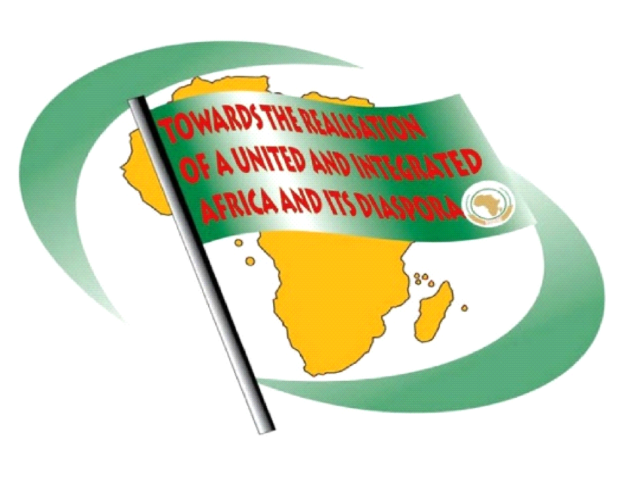
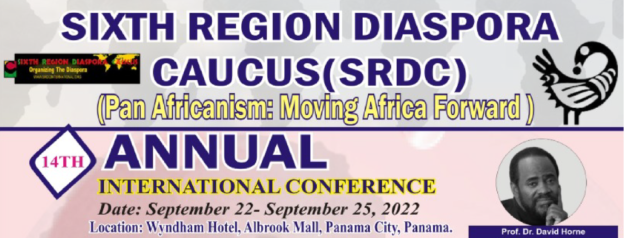
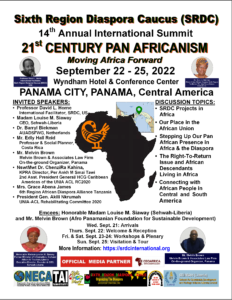 The 14th Annual International Summit of the Sixth Region Diaspora Caucus (SRDC) will be held from September 22 – 25 in Panama City, Panama.
The 14th Annual International Summit of the Sixth Region Diaspora Caucus (SRDC) will be held from September 22 – 25 in Panama City, Panama.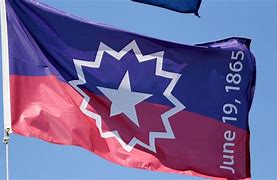
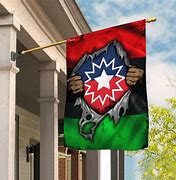 There are several observances being held across the state of Maryland. Thanks to Baba Lou Fields for hosting a brief Zoom call on the afternoon of Tuesday, June 14 that featured several guests who were announcing their Juneteenth events. We’re including contact information (details can be found on the event Web sites and by contacting the organizations by email or phone when made available) on just a few of these Juneteenth celebrations taking place this weekend across the state of Maryland:
There are several observances being held across the state of Maryland. Thanks to Baba Lou Fields for hosting a brief Zoom call on the afternoon of Tuesday, June 14 that featured several guests who were announcing their Juneteenth events. We’re including contact information (details can be found on the event Web sites and by contacting the organizations by email or phone when made available) on just a few of these Juneteenth celebrations taking place this weekend across the state of Maryland: NAACP 2nd Juneteenth Celebration
NAACP 2nd Juneteenth Celebration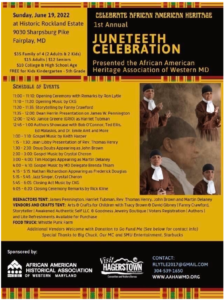 African American Historical Association
African American Historical Association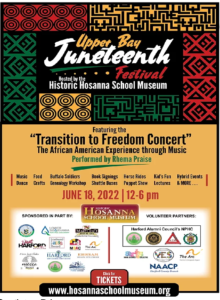 Upper Bay Juneteenth Festival
Upper Bay Juneteenth Festival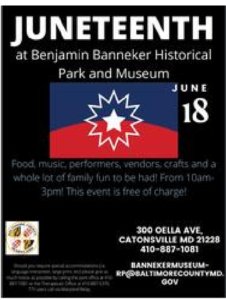 Benjamin Banneker Historical Museum and Park
Benjamin Banneker Historical Museum and Park Annapolis Juneteenth Celebration
Annapolis Juneteenth Celebration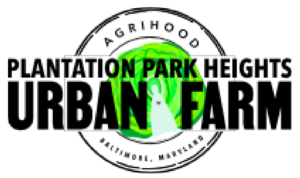 Plantation Park Heights Urban Farm
Plantation Park Heights Urban Farm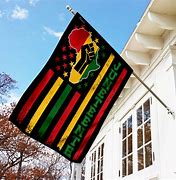

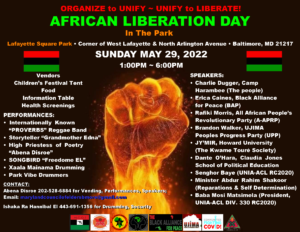 The Maryland Council of Elders (MCOE), All-African People’s Revolutionary Party (A-APRP), All African Women’s Revolutionary Union (A-AWRU), Ujima People’s Progress Party (UPP), Black Alliance for Peace (BAP), Woodson Banneker Bey Division 330 of the UNIA-ACL RC2020 and Pan-Afrikan activists from across the Maryland-Washington, DC area will converge on Lafayette Square Park in West Baltimore (West Lafayette and North Arlington Avenues) for an observance of African Liberation Day on Sunday, May 29 from 1:00 – 6:00 PM.
The Maryland Council of Elders (MCOE), All-African People’s Revolutionary Party (A-APRP), All African Women’s Revolutionary Union (A-AWRU), Ujima People’s Progress Party (UPP), Black Alliance for Peace (BAP), Woodson Banneker Bey Division 330 of the UNIA-ACL RC2020 and Pan-Afrikan activists from across the Maryland-Washington, DC area will converge on Lafayette Square Park in West Baltimore (West Lafayette and North Arlington Avenues) for an observance of African Liberation Day on Sunday, May 29 from 1:00 – 6:00 PM.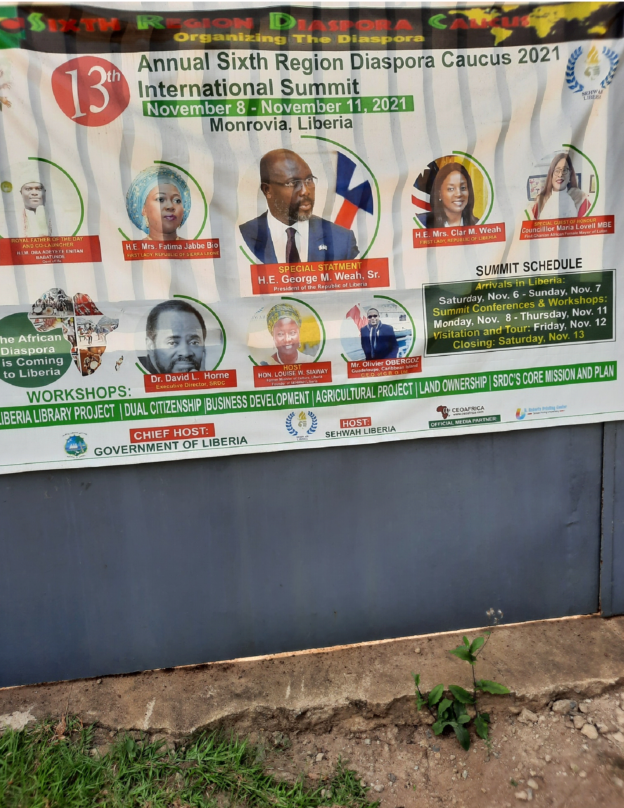
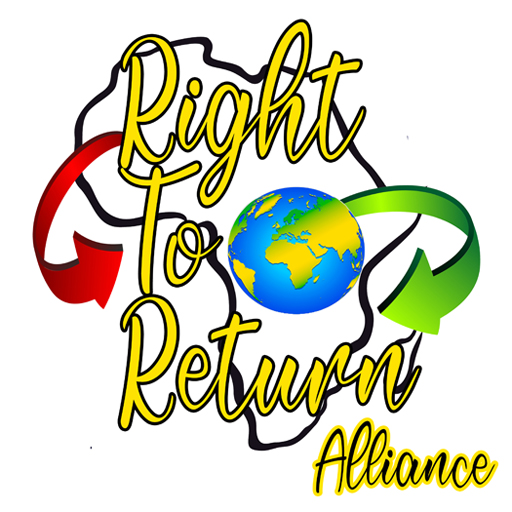

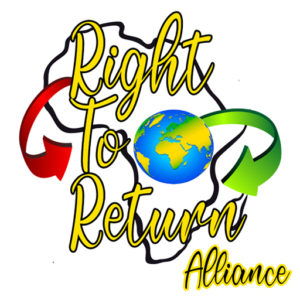 PRESS CONFERENCE DETAILS:
PRESS CONFERENCE DETAILS: 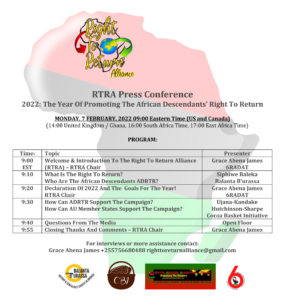
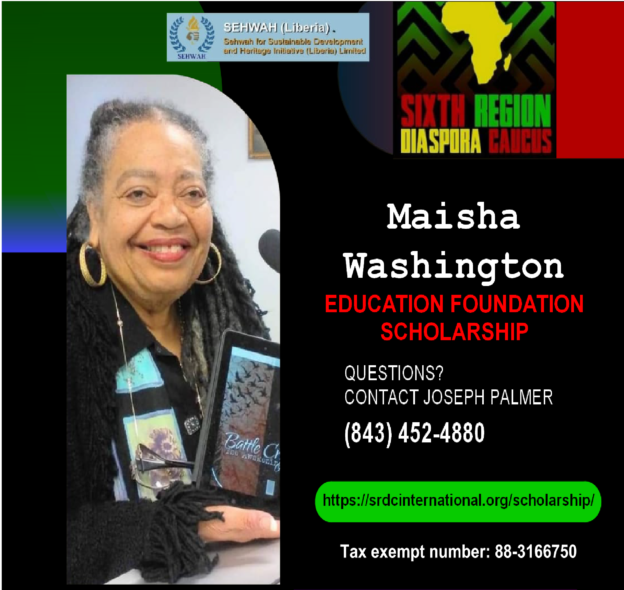
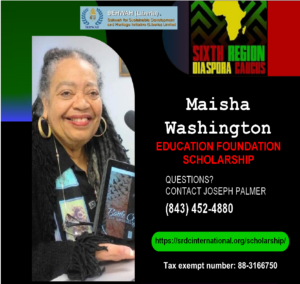 Sehwah-Liberia, Inc. and the Sixth Region Diaspora Caucus (SRDC) are announcing the
Sehwah-Liberia, Inc. and the Sixth Region Diaspora Caucus (SRDC) are announcing the 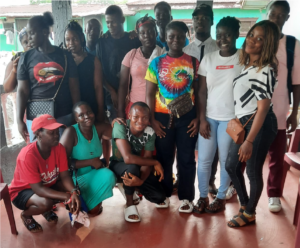
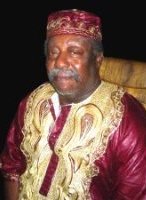 Though I was not a member of the Soul School Institute, the organization he founded, I have many fond memories of Babatunji. From his brief time with an earlier version of the Council of Elders in Maryland (2009) to my attendance on his annual bus tour to commemorate the birthday of Ancestor Malcolm X which visited several points of interest in New York, including Ferncliff Cemetery and a historic eatery where Minister Malcolm often dined, Babatunji was always ready to teach, talk to and encourage us. His passing to the Honored Ancestors on December 15 came as a shock to many of us.
Though I was not a member of the Soul School Institute, the organization he founded, I have many fond memories of Babatunji. From his brief time with an earlier version of the Council of Elders in Maryland (2009) to my attendance on his annual bus tour to commemorate the birthday of Ancestor Malcolm X which visited several points of interest in New York, including Ferncliff Cemetery and a historic eatery where Minister Malcolm often dined, Babatunji was always ready to teach, talk to and encourage us. His passing to the Honored Ancestors on December 15 came as a shock to many of us. 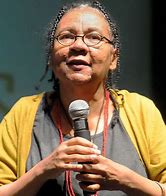 Author bell hooks, who was born Gloria Jean Watkins but chose the pen-name bell hooks, which she borrowed from her grandmother, Bell Blair Hooks, and always wrote in lowercase to emphasize her ideas over her identity, passed on to the Honored Ancestors on December 15. Wikipedia described her thus (
Author bell hooks, who was born Gloria Jean Watkins but chose the pen-name bell hooks, which she borrowed from her grandmother, Bell Blair Hooks, and always wrote in lowercase to emphasize her ideas over her identity, passed on to the Honored Ancestors on December 15. Wikipedia described her thus (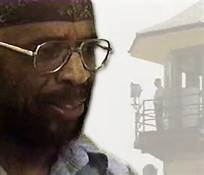 On December 17, the Pan-Afrikanist, Black Nationalist and Revolutionary Activist communities mourned the passing of longtime Political Prisoner Russell “Maroon” Shoatz. He was an active member of the Black Panther Party in Philadelphia as then-police chief Frank Rizzo was directing a vicious campaign to stamp out the BPP and other “militant” groups in the summer of 1970. He had been captured, tried, convicted and sentenced to life in prison for a retaliatory attack on a police station in Philadelphia in September 1970 that killed a police officer, Frank Von Coln. He would earn the nickname “Maroon” because of his several escapes from prison. He had been given medical parole and compassionate release from his prison sentence when it was determined that his cancer was terminal so that he could transition to the Ancestors at home with his family. A brief bio is available at the Web site of Prisoner Solidarity,
On December 17, the Pan-Afrikanist, Black Nationalist and Revolutionary Activist communities mourned the passing of longtime Political Prisoner Russell “Maroon” Shoatz. He was an active member of the Black Panther Party in Philadelphia as then-police chief Frank Rizzo was directing a vicious campaign to stamp out the BPP and other “militant” groups in the summer of 1970. He had been captured, tried, convicted and sentenced to life in prison for a retaliatory attack on a police station in Philadelphia in September 1970 that killed a police officer, Frank Von Coln. He would earn the nickname “Maroon” because of his several escapes from prison. He had been given medical parole and compassionate release from his prison sentence when it was determined that his cancer was terminal so that he could transition to the Ancestors at home with his family. A brief bio is available at the Web site of Prisoner Solidarity, 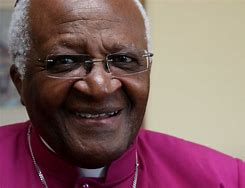 This comes from an article on the NBC News Web site,
This comes from an article on the NBC News Web site, 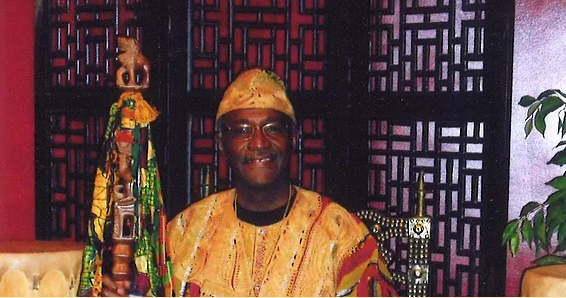
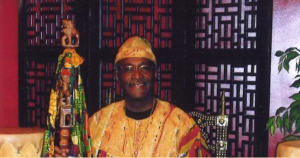 In August of 2013, the Sixth Region Diaspora Caucus (SRDC) held its annual International Summit in Los Angeles, California. Every Summit includes at least one event or gathering that underscores the cultural and spiritual essence of Pan-Afrikan organizing, a reminder of exactly what we all are struggling against our oppressors to protect and build. In 2013, that event was held at the KRST Unity Center of Afrakan Spiritual Science. The event included video presentations, musical performances, guest speakers and exchanges with the audience. Personally, it was my first and, so far, only visit to KRST, but the impact I felt from that one visit was deep and lasting. That spirit can largely be traced to the leadership of Rev. Richard Meri Ka Ra Byrd, the Senior Minister of KRST. He has now been called by the Ancestors to the realm of the infinite, to minister to our community from the other side.
In August of 2013, the Sixth Region Diaspora Caucus (SRDC) held its annual International Summit in Los Angeles, California. Every Summit includes at least one event or gathering that underscores the cultural and spiritual essence of Pan-Afrikan organizing, a reminder of exactly what we all are struggling against our oppressors to protect and build. In 2013, that event was held at the KRST Unity Center of Afrakan Spiritual Science. The event included video presentations, musical performances, guest speakers and exchanges with the audience. Personally, it was my first and, so far, only visit to KRST, but the impact I felt from that one visit was deep and lasting. That spirit can largely be traced to the leadership of Rev. Richard Meri Ka Ra Byrd, the Senior Minister of KRST. He has now been called by the Ancestors to the realm of the infinite, to minister to our community from the other side.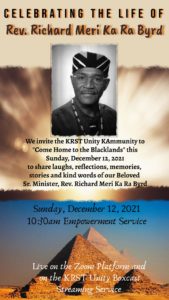 With heavy hearts the Board of Directors of KRST Unity Center of Afrakan Spiritual Science and the Ministerial Staff announce the transition of our beloved Senior Minister, Reverend Richard Meri Ka Ra Byrd into the Ancestral Realm on Sunday, December 5, 2021.
With heavy hearts the Board of Directors of KRST Unity Center of Afrakan Spiritual Science and the Ministerial Staff announce the transition of our beloved Senior Minister, Reverend Richard Meri Ka Ra Byrd into the Ancestral Realm on Sunday, December 5, 2021.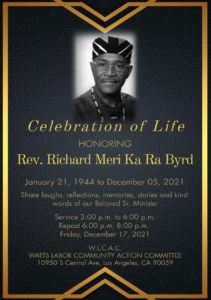 A Celebration of Life for Rev. Richard Meri Ka RA Byrd
A Celebration of Life for Rev. Richard Meri Ka RA Byrd